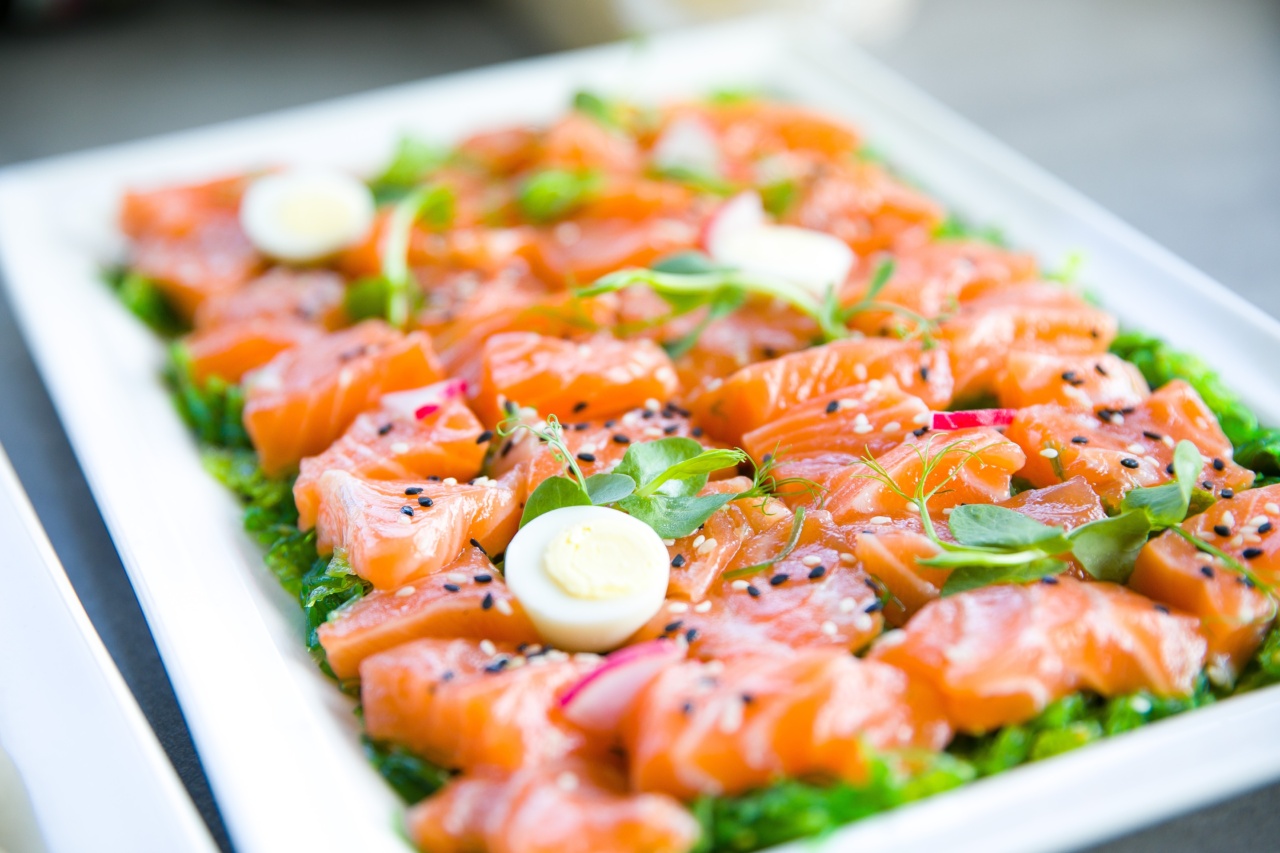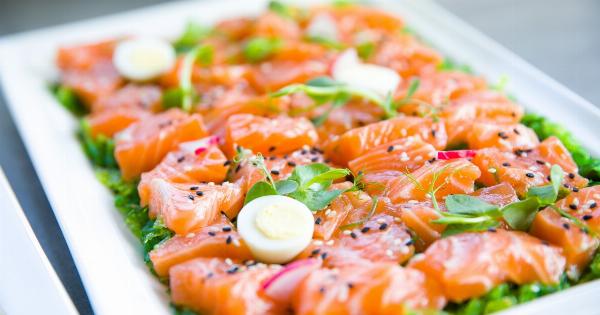FISH CAREFAGE Diet is a revolutionary feeding practice that aims to provide the best nutrition for fish in a controlled environment.
This diet is carefully formulated to meet the specific dietary needs of fish, ensuring their optimal growth and overall health. In this article, we will explore what the FISH CAREFAGE Diet entails and why it is important for the well-being of our aquatic friends.
The Basics of FISH CAREFAGE Diet
The FISH CAREFAGE Diet is a carefully balanced diet composed of various components to ensure that fish receive the necessary nutrients for their development and well-being.
It takes into consideration the specific dietary requirements of different fish species, catering to their unique needs.
Understanding the Nutritional Needs of Fish
Fish, like any other living beings, require a balanced diet to thrive. The FISH CAREFAGE Diet ensures that all essential macronutrients and micronutrients are provided to support various bodily functions of fish.
These include proteins, carbohydrates, lipids, vitamins, and minerals.
The Importance of Balanced Nutrition
A balanced diet is crucial for fish as it directly affects their growth, reproduction, disease resistance, and overall health.
Inadequate nutrition can lead to stunted growth, weakened immune systems, and increased susceptibility to infections and diseases.
Protein in the FISH CAREFAGE Diet
Protein is an essential component of the FISH CAREFAGE Diet. It serves as the building block for fish growth, tissue repair, and the production of enzymes and hormones.
High-quality protein sources like fishmeal, shrimp meal, and soybean meal are incorporated into the diet to ensure optimum protein content.
Carbohydrates in the FISH CAREFAGE Diet
Although the majority of fish species obtain their energy from proteins and lipids, carbohydrates play a crucial role in their overall nutrition.
Carbohydrates provide energy for bodily functions, ensuring fish can carry out essential processes like swimming, digestion, and reproduction.
Lipids in the FISH CAREFAGE Diet
Lipids, or fats, are an important energy source for fish, contributing significantly to their growth and development.
The FISH CAREFAGE Diet includes a calculated amount of healthy fats to meet the energy demands of fish, improve their body condition, and support vital physiological functions.
Vitamins and Minerals in the FISH CAREFAGE Diet
Vitamins and minerals are essential for fish as they play a crucial role in numerous physiological processes.
The FISH CAREFAGE Diet incorporates a wide range of vitamins and minerals, such as vitamin A, vitamin D, vitamin E, calcium, phosphorus, and more. These micronutrients support the fish’s immune system, enhance growth, and promote overall well-being.
Feeding Techniques and Frequency
The FISH CAREFAGE Diet emphasizes proper feeding techniques and frequency. Overfeeding can lead to pollution in the aquatic environment and cause various health issues for fish.
The ideal feeding frequency should be determined based on the fish species and their specific dietary requirements, considering factors like size, age, and activity level.
Environmental Considerations
When implementing the FISH CAREFAGE Diet, it is crucial to consider the environmental impact. Sustainable sourcing of ingredients is vital to conserve the natural resources used in fish feed production.
Additionally, managing waste properly and preventing feed losses can help minimize the ecological footprint of fish farming.
The Benefits of FISH CAREFAGE Diet
The FISH CAREFAGE Diet offers numerous benefits for fish and fish farmers alike. Some of the key advantages include:.
- Enhanced growth and development
- Improved disease resistance
- Optimized nutrient utilization
- Reduced environmental impact
- Promotion of sustainable fish farming
Conclusion
The FISH CAREFAGE Diet is a crucial aspect of ensuring the well-being and thriving growth of fish. By providing a balanced and nutritionally dense diet, fish can reach their full genetic potential while remaining healthy and disease-resistant.
Implementing the FISH CAREFAGE Diet properly not only benefits the fish but also contributes to sustainable and environmentally responsible fish farming practices.































